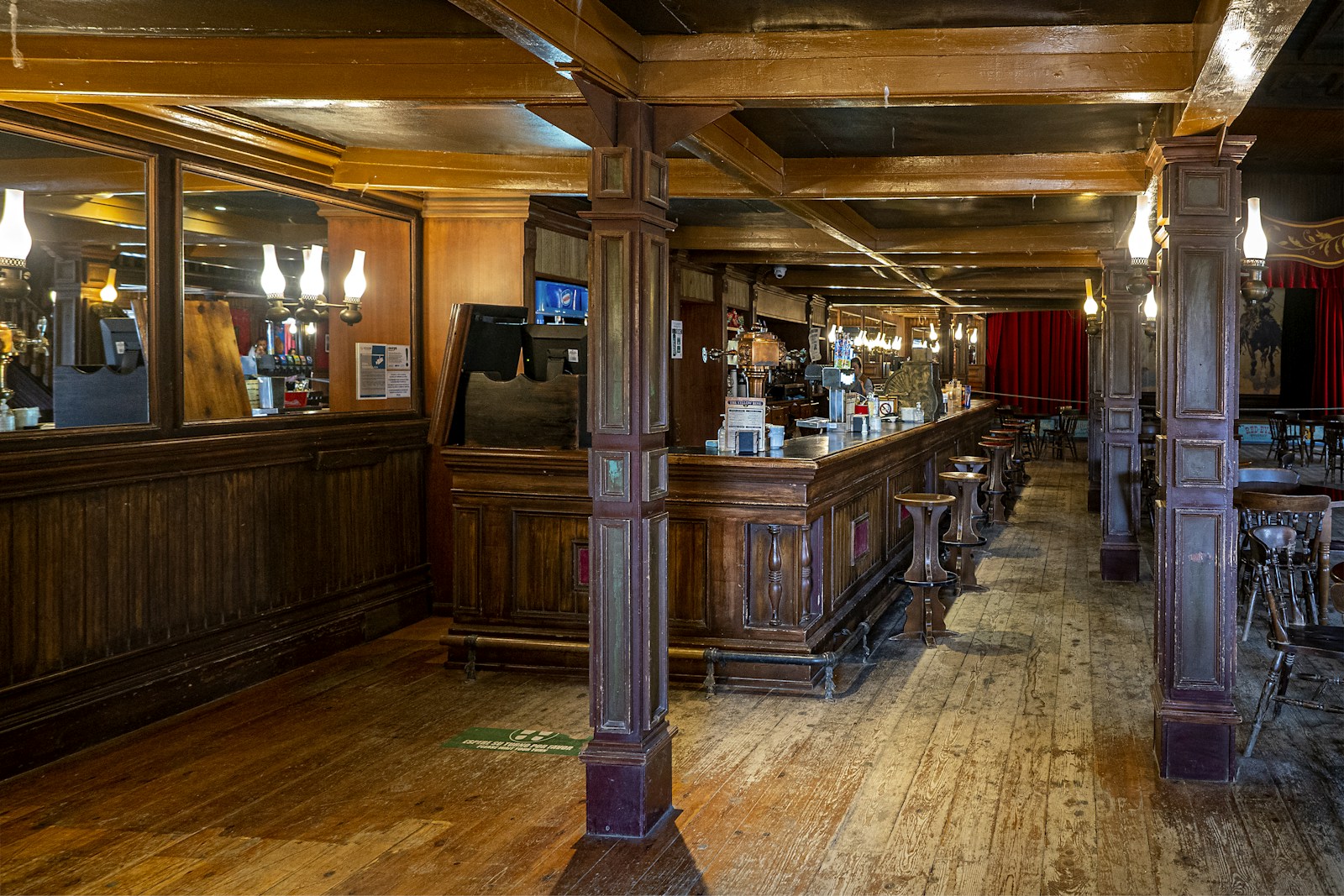
酒吧
jiǔbā

bar
The Chinese word for bar is '酒吧' (jiǔbā). This word is often used in the same context as it is in English – a place where people gather to drink alcoholic beverages. However, it can also refer to a coffee bar or other similar establishments.
Example sentences using: 酒吧
我們在酒吧見面。
Wǒmen zài jiǔbā jiànmiàn.

We meet at the bar.
This sentence is informing someone about a planned meet-up location which is a bar.
他是那家酒吧的老板。
Tā shì nà jiā jiǔbā de lǎobǎn.

He is the boss of that bar.
This sentence introduces a person who owns or manages a bar.
酒吧裡的音樂太大聲了。
Jiǔbā lǐ de yīnyuè tài dàshēngle.

The music in the bar is too loud.
None
今晚我們去酒吧。
Jīnwǎn wǒmen qù jiǔbā.

We are going to the bar tonight.
This sentence is expressing a plan to go to a bar later in the evening.
酒吧的開門時間是晚上六點。
Jiǔbā de kāimén shíjiān shì wǎnshàng liù diǎn.

The bar opens at six in the evening.
This sentence is explaining what time a specific bar starts operating.
他喜歡在酒吧工作。
Tā xǐhuān zài jiǔbā gōngzuò.

He likes to work in the bar.
This sentence is expressing someone's preference for working in a bar environment.
這棟樓下面有個酒吧。
Zhè dòng lóu xiàmiàn yǒu gè jiǔbā.

There is a bar under this building.
This sentence is describing the location of a bar, which is on the ground floor of a specific building.
酒吧里人很多。
Jiǔbā lǐ rén hěnduō.

There are many people in the bar.
This sentence is telling about the crowded condition of a bar.
我在酒吧結識了他。
Wǒ zài jiǔbā jiéshíle tā.

I met him in the bar.
This sentence is giving information about a place where the speaker met someone.
他的酒吧非常受歡迎。
Tā de jiǔbā fēicháng shòuhuānyíng.

His bar is very popular.
This sentence is complimenting a person's bar, saying it is well-liked by many people.